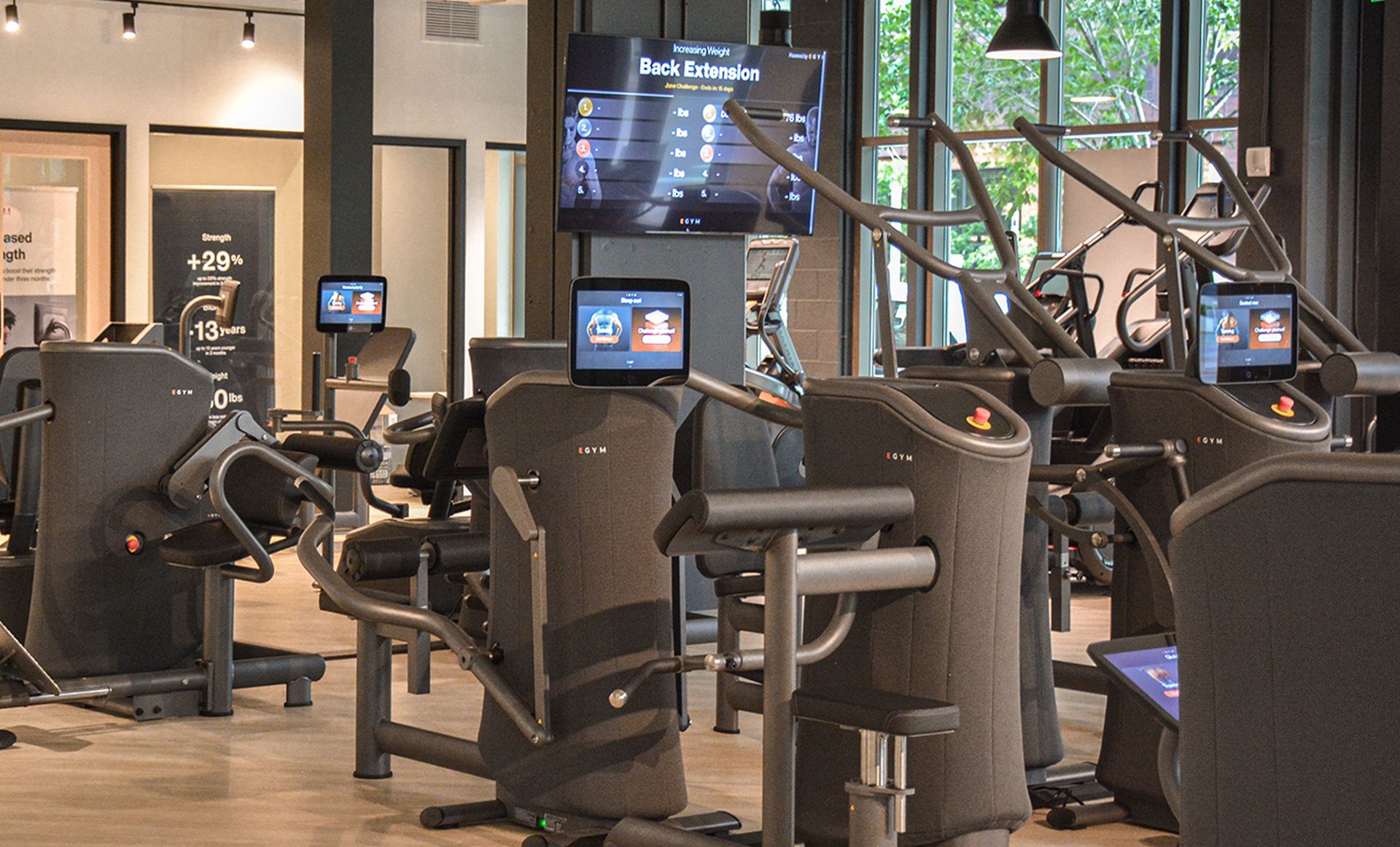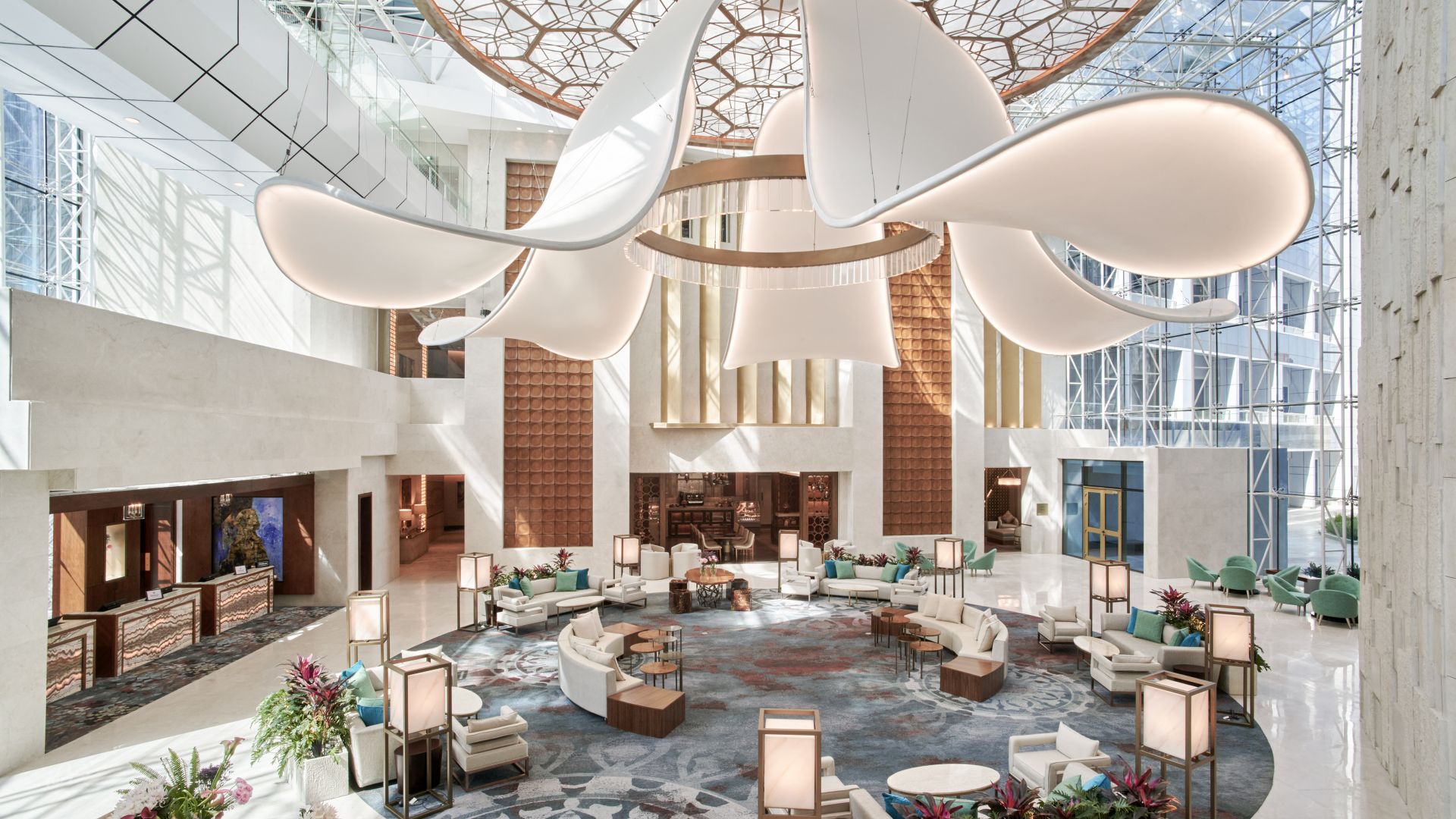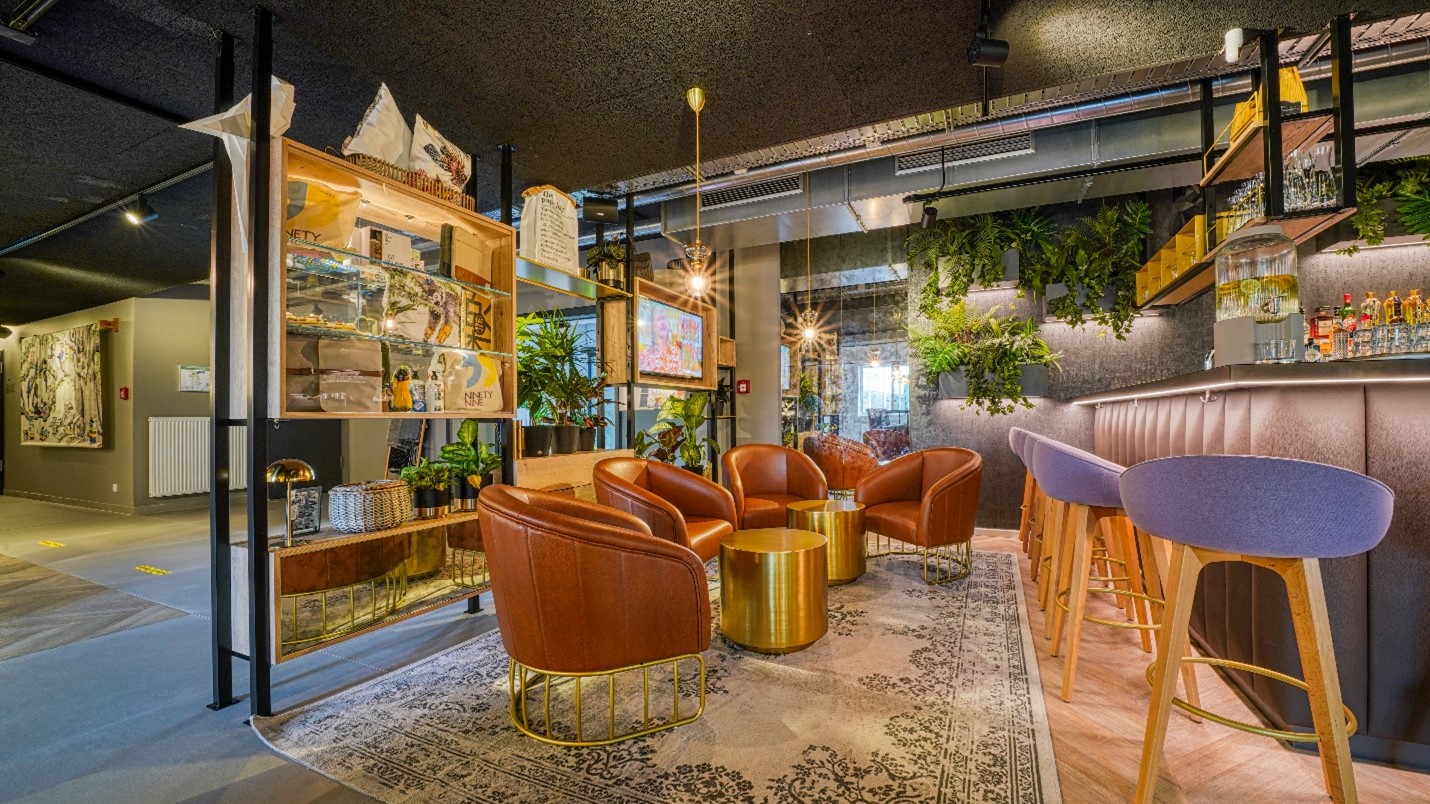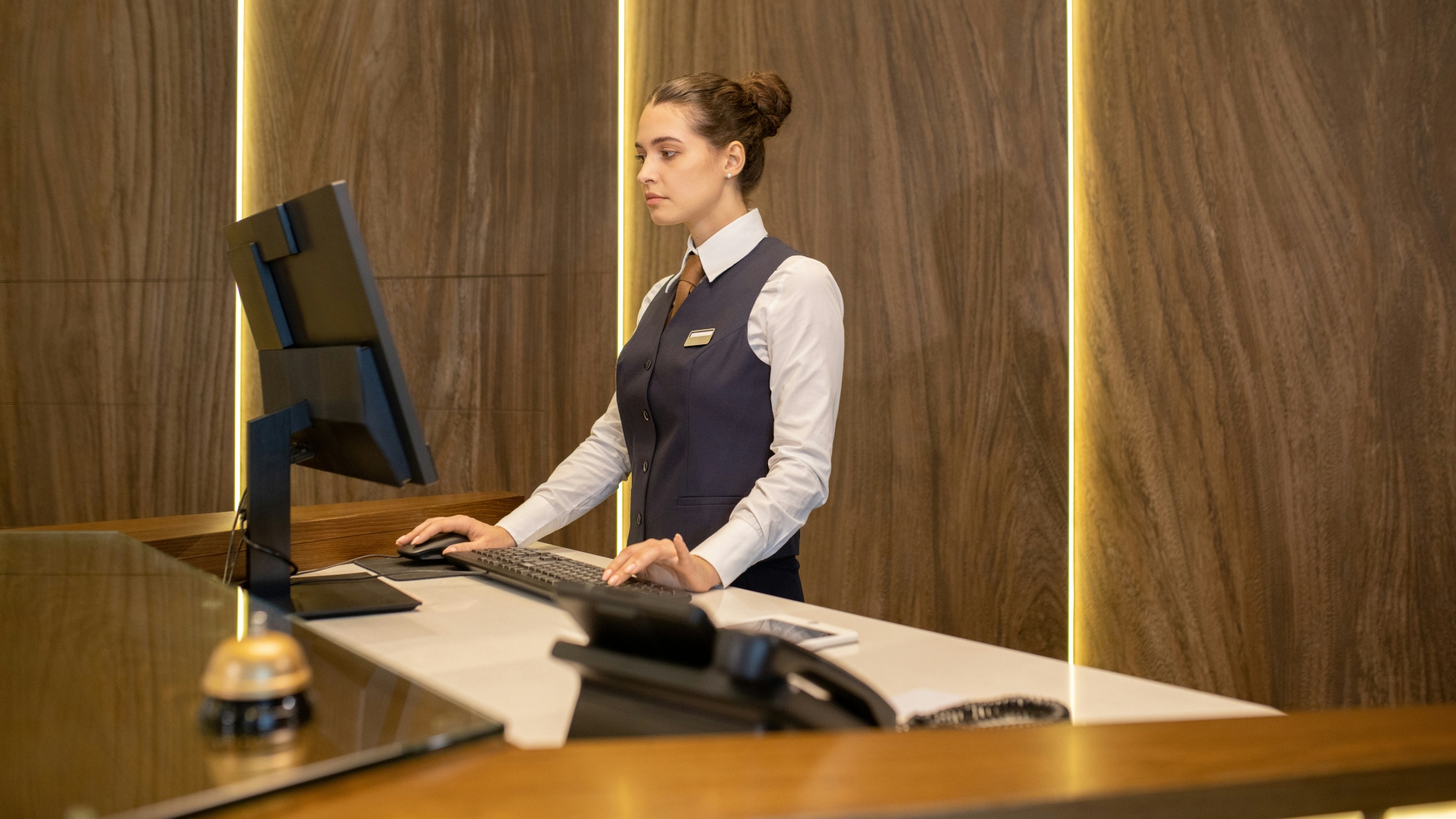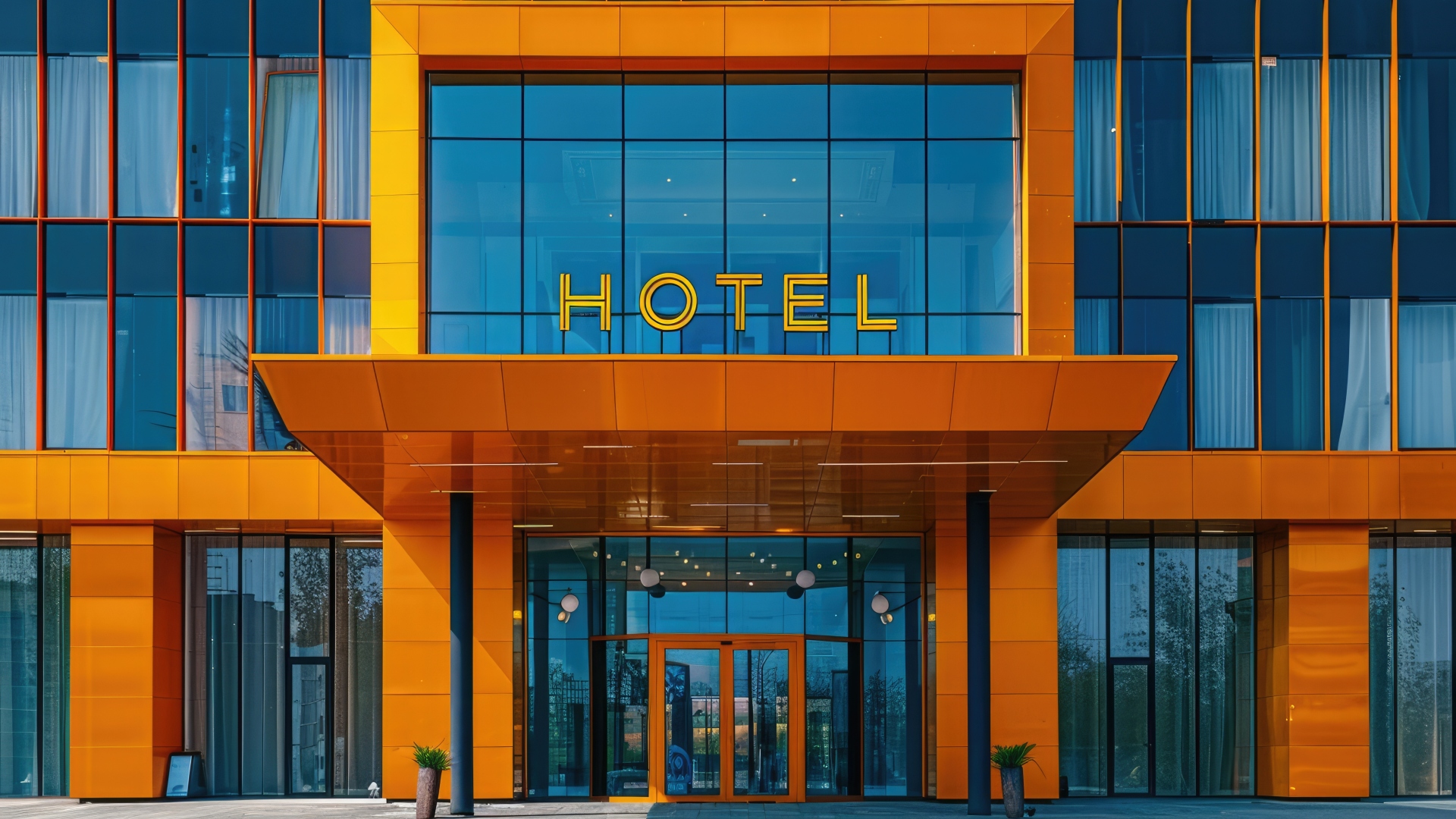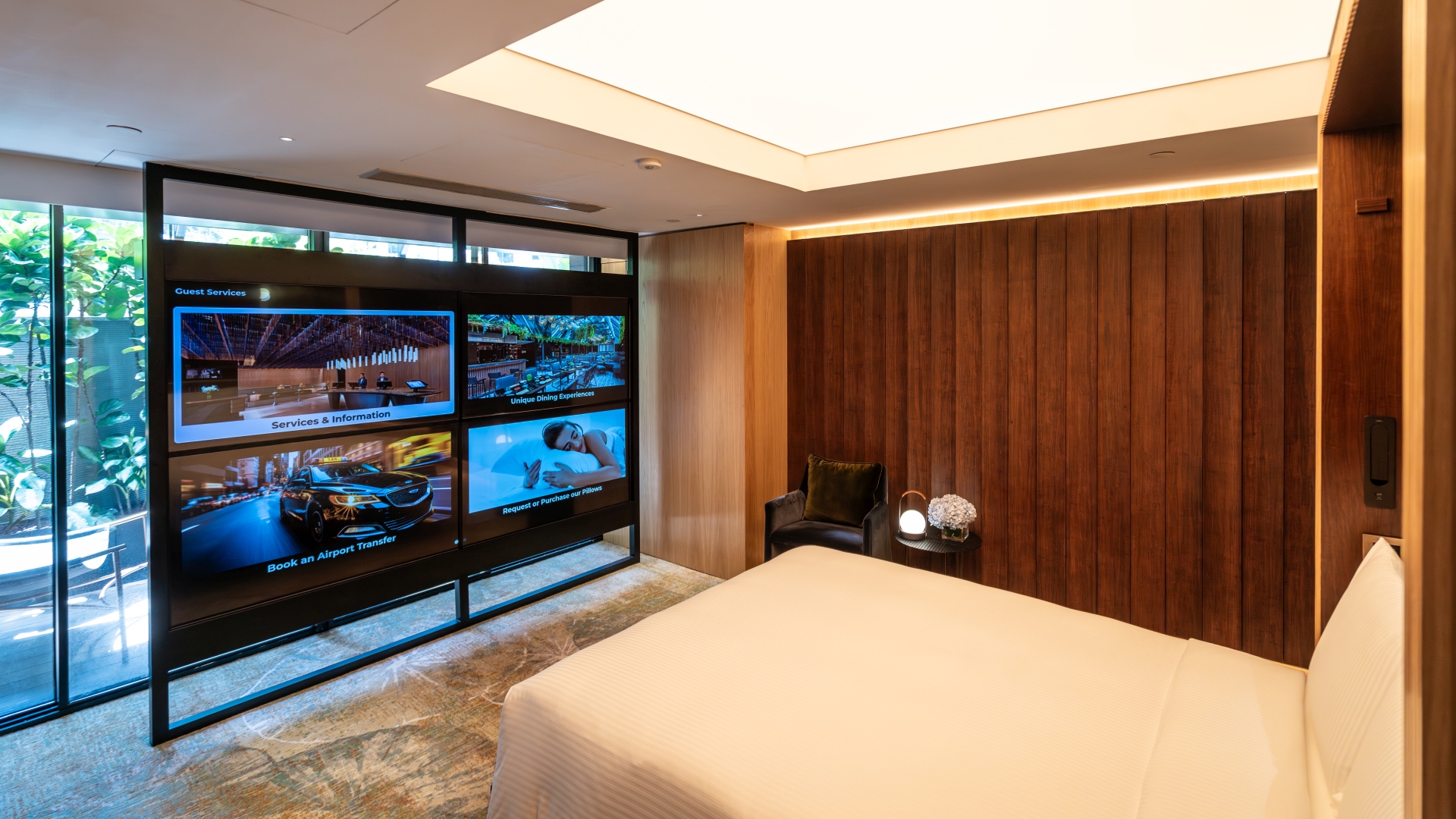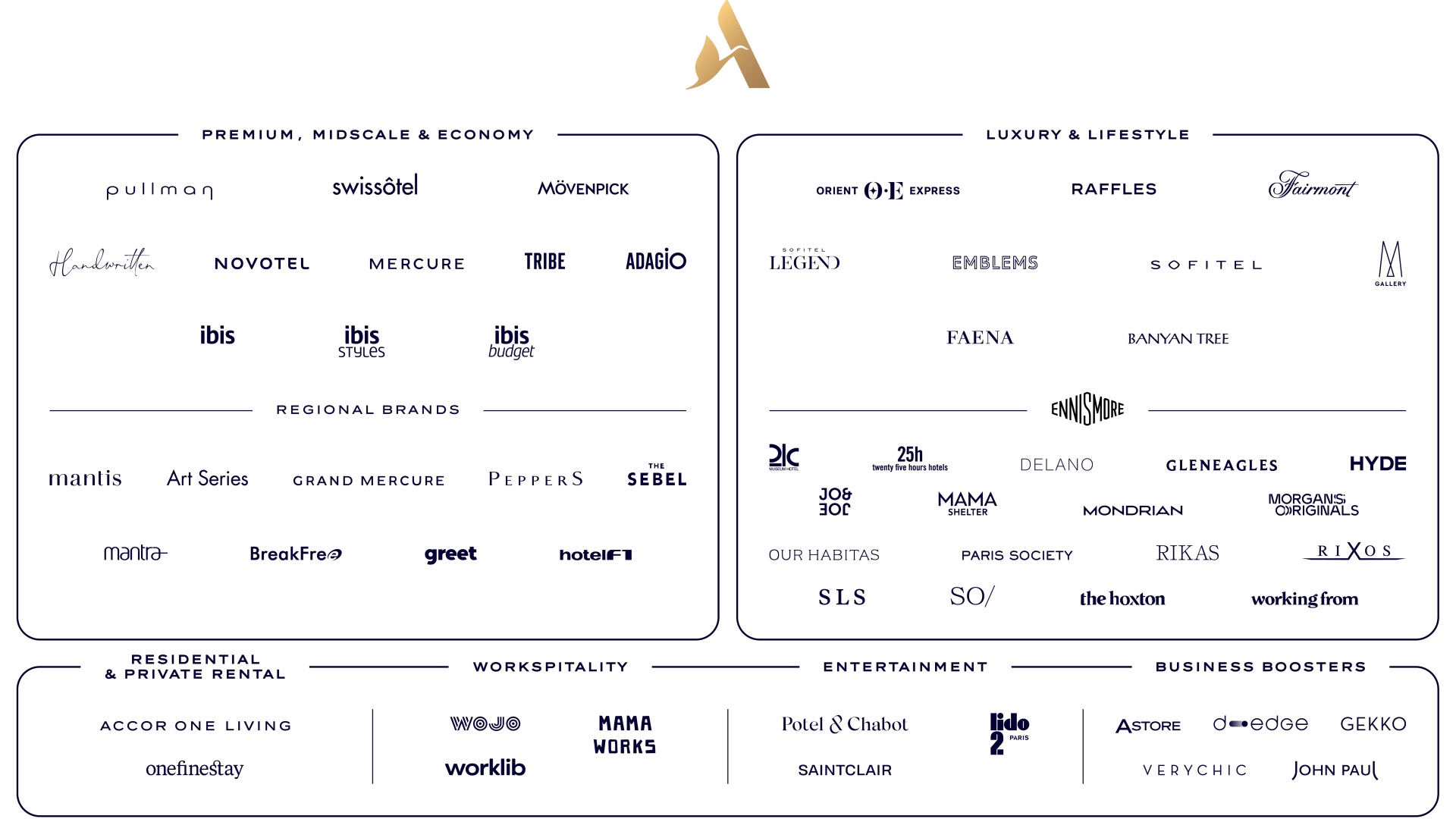
News & Stories
An unusual marketing partnership is developping between German Wellness-Hotels & Resorts (WH-R) and the global fitness giant EGYMWellpass. In future, EGYMWellpass members will also have access to these wellness hotels and will even be able to book spa treatments and more.
The world's most valuable hotel brand is again Hilton, with a brand value of 11.6 billion US dollars, maintaining its position for the ninth consecutive year.
The global franchisor Wyndham Hotels & Resorts is expanding with the German HR Group and adding 25 city hotels in Germany, Austria and the Netherlands to its portfolio.
Young employees look for jobs via social media and employ technology. However, small hotel businesses are not keen about digital matters and AI, while the number of cyber blackmails and deepfakes are increasing. Experts are demanding even more from the industry. They made a clear statement at the last ÖHV Congress in Innsbruck.
A Salzburg menu with an anniversary soundtrack. A tartare as an after-work delicacy. Meat and fish as optional add-on to vegetarian delicacies. Or "New Munich Kitchen" with a tongue-in-cheek homage to a Bavarian cult TV series. F&B concepts in hotels that are both authentic and surprising have a chance of success. H-Hotels and MHP Hotel Group explain how it works and how revenue is growing.
Recession and collapse of government in Germany, less domestic tourism and lower consumption: How do hotel operators budget for the next "dark" year? Cost pressure is driving even more flexibility. Depending on location and country though, it's all very different. Gorgeous Smiling Hotels, Althoff Hotels, SV Hotel, Meliá, Leonardo and Motel One are commenting on the German-speaking countries and Europe today.
The German hotel market continues its recovery and aims for record sales. At the same time, hotel companies continue to face major challenges. The cost side is growing faster than the revenue side and issues such as staff shortages, digitalisation and sustainability necessitate significant change processes.
A hotel in Singapore has implemented a new room concept: "Transforming Room" is the result of a two-year study in the areas of guest behaviour, business travel and design.
There is no clear answer to the question of whether hotel brands are driving the rise or fall of the industry. While major players clearly can't get enough new brands on the market, others are deliberately exercising restraint. Different rules apply in the apartment sector.
While growth in several key metrics slowed down in 2023, the loyalty of members' overall contribution to occupancy increased, though marginal contribution per member contracted. A snapshot from five large hotel companies in the United States.
